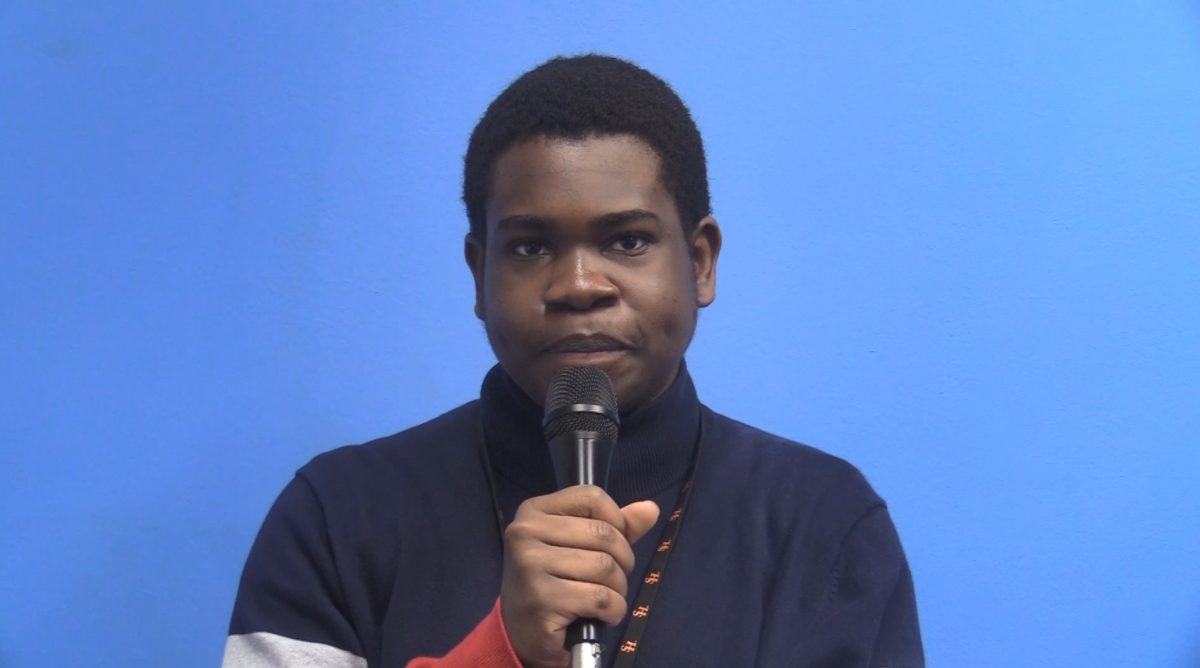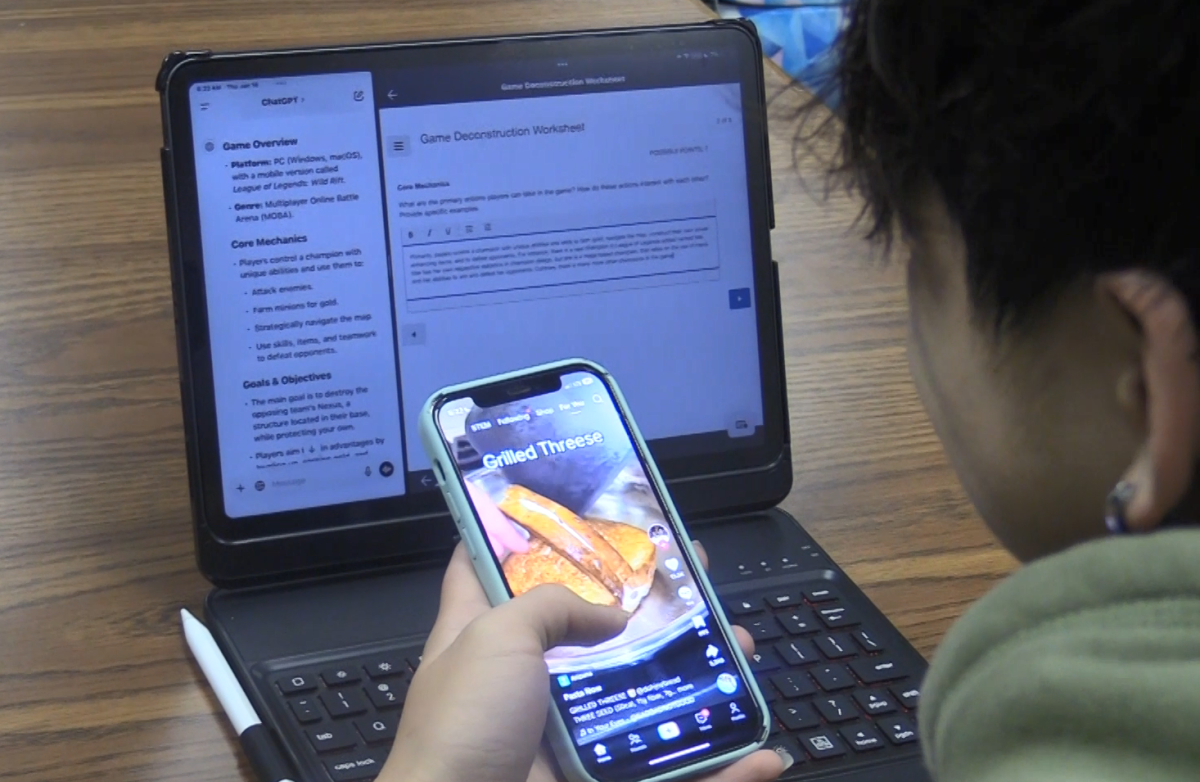On top of that stress, some students will go to extreme measures to make sure that they are signing up for the same classes as their best friends while others are deliberately signing up for advanced classes just to boost their GPA.
In the past, students have always had a safety net: if an Advanced Placement or pre-AP class turns out to be too hard, they could drop it. However, that option is no longer available this year: students may no longer drop an advanced class in the first 6 weeks of school.
According to Principal Greg Freeman, this change is actually an enforcement of existing rules, one that he feels justified in doing.
“You’ve signed up,” Freeman said. “You’re there and you have to be accountable for your choices. You chose to be there and so you’re responsible for that and accountable for that.”
Freeman said he is the kind of person who “likes to see things to the end once they start” and does not like to give up. It is because of this that he wants to see students giving a challenging class a try before deciding it is out of their reach
“We’re not saying they can’t get out of AP,” Freeman said. “They need to try. They chose to be in there. You choose it, you have to try. It’s not like we made you take that course, that was your choice. So how is that holding you accountable if the first day of school, we say ‘Oh, you can get out’?”
This enforcement has generally received mixed feedback; many students are dissatisfied with having to stay in a course that they do not wish to be in, while several teachers support Freeman’s decision and his reasoning.
AP Language teacher Sarah Urban completely supports the enforcement, even comparing it to Alief Taylor High School’s method of dropping an advanced course.
“Over at Taylor, the parent actually had to come in [and] there was an official conference to decide as a team whether the student could [get] in or out,” Urban said. “You couldn’t just write a note and send it to the class. So Mr. Freeman pushing for the 6 weeks to give it a true and proper go, I support that.”
Urban agrees with building responsibility in students.
“We’re really just following in line,” she said. “We say that we’re about rigor in this school, we say we’re about choices and responsibility; we want you guys to be responsible for your choices.”
Urban believes that students want to drop AP classes from fear.
“I think they do it because they’re looking for the easy way out,” Urban said. “They don’t know that they can do it, they’re looking at work and they’re literally pre-judging it.”
But Junior Cindy W. says she wanted to drop AP Language because of other time commitments.
“I thought I would have time for this class before summer started,” she said. “Just at the end of summer, a job finally calls me in and tells me that they want me to come in. And then, I’ve recently been [elected] officer in one of the clubs and [so], I have a lot more on my plate than I thought I would in the first place.”
After talking to other students, Cindy says, she regrets signing up for the class last spring.
“I finally did talk to many, many people about this class,” she said. “I’ve pretty much heard the same thing from all of them: It’s just not the class for me, it’s not the class I’m looking for.”
Junior Josaphine Areas, a Pre-AP Physics student who wishes to remain anonymous, doubled up and now has realized she cannot handle a Pre-AP Class.
“I spend more time doing homework and studying now,” she said. “I don’t have that much free time…I felt differently about it in the spring, I thought I wanted to do it, but then I [regretted] it the first day of school.”
AP Chemistry teacher Margaret Bancroft said she can understand why a student might change his or her mind about taking an advanced class.
“I think it’s good that students are being made to give it a good attempt, a good shot; they have to at least try [and] I like that and I am happy with that,” Bancroft said. “But I do think there are situations beyond the student’s control. They might have more responsibilities at home, and suddenly, them taking on this difficult course-load…it’s just not going to work for them. So their circumstances have changed.”
But many students want to drop classes because they panic in the first few weeks, she said.
“They get lazy; for some reason, they just decide ‘I don’t wanna do it’ and there’s not really any good reason besides ‘I don’t feel like it.'”
But Cindy argues that students might be motivated to drop a class by the same factor that motivated them to sign up in the first place: their GPAs.
“Why not take a regular class that I’m most likely guaranteed a better grade in, simply because it’s regular, rather than the risk of taking an AP class that offers me a 5.0, but I might end up getting a C or a B?” she said. “A lot of the [reasoning] I even went into AP3 was for my GPA.”
As of next week, students will be able to drop advanced classes if they still want to. Freeman hopes some will not.
“Being held accountable for a choice is tough sometimes,” he said, “and you have to be very wise about your decisions.”
Regardless of her reasons for wanting to drop the class, Cindy feels that she should have the right to change her decision to take the class.
“I do see where [Mr. Freeman is] coming from…although he does have the right to sit down and talk to students about how they should see things to the end, this isn’t the real world yet,” she said. “This is high school, it’s kind of like the practice range. You make a mistake, you fix it. You have the chance to fix it at this point because it’s high school and you learn from your mistakes and [so] as an adult, you can make better decisions.”












